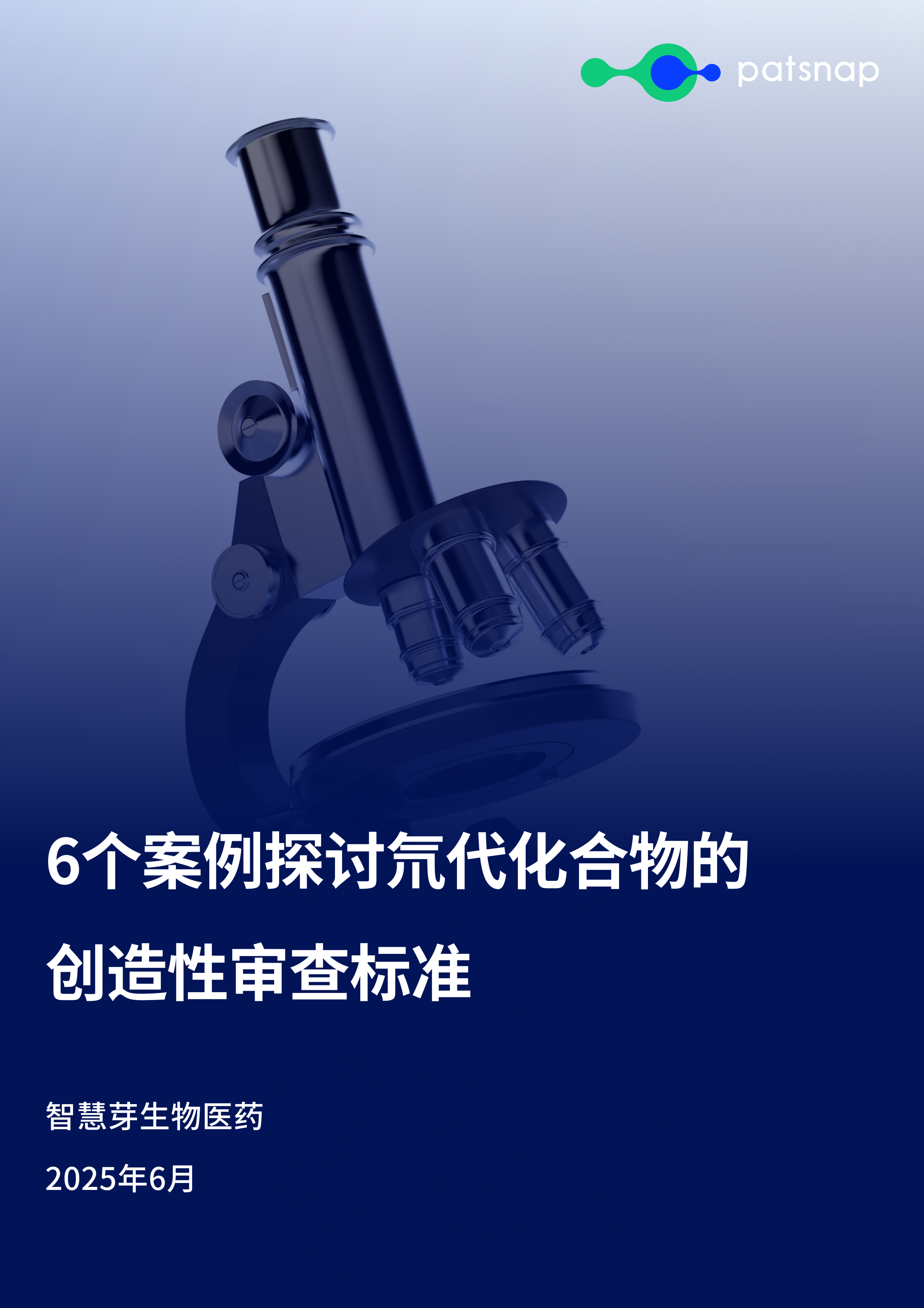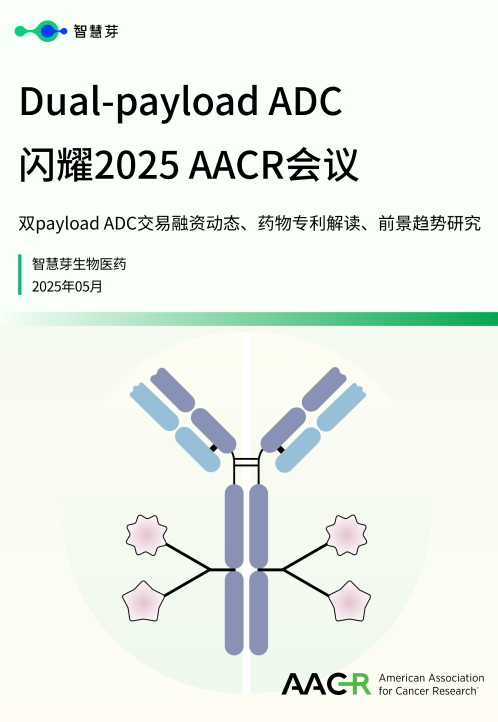预约演示
Geron gets first approved drug, with FDA nod for Rytelo in MDS
2024-06-07
上市批准临床结果临床3期寡核苷酸加速审批
The FDA approved Geron’s oligonucleotide telomerase inhibitor Rytelo (imetelstat) for the treatment of adults with transfusion-dependent lower-risk myelodysplastic syndromes (LR-MDS) who are ineligible for erythropoiesis-stimulating agents (ESA) or have inadequate response to them. The clearance marks the company’s first authorised product since it was founded in 1990, with imetelstat initially entering development in 2005.
“With the approval…patients with lower-risk MDS can potentially experience…greater than 24 weeks of freedom from the burden of red blood cell transfusions and symptomatic anaemia,” commented Geron CEO John Scarlett. The FDA clearance, announced ahead of the planned PDUFA date of June 16, sent the company’s shares up as much as 23% on Friday.
The approval is backed by the Phase III IMerge study, wherein nearly 40% of patients receiving Rytelo met the main goal of independence from red-blood-cell transfusions (RBC-TI) at eight weeks, compared with only 15% of placebo recipients. Furthermore, the drug demonstrated a response rate of 28% on RBC-TI at 24 weeks and 13.6% at one year compared with 3.3% and 1.7%, respectively, for placebo. On the safety front, thrombocytopenia and neutropenia emerged as the most common Grade 3 or 4 adverse events (AEs), which were transient and manageable.
Regulatory apprehensions
Ahead of an advisory committee (adcom) meeting on Rytelo, FDA staff questioned the clinical significance and impact of the results, indicating that the data are “not supportive of a disease-modifying treatment effect” on overall survival or remission. They also expressed concerns about the higher frequency of Grade 3 or 4 AEs in the Rytelo group (91%) compared with the placebo group (47%). Lastly, the regulator remained doubtful about the applicability of IMerge’s findings to the US population since most participants were enrolled outside the country.
However, at the subsequent adcom, the FDA panel voted by a margin of 12-2 in favour of the telomerase inhibitor’s clinical benefit/risk profile. Those voting against the recommendation opined that only a minority of patients would truly benefit from the therapy and the risks from increased toxicity far outweighed the benefits.
At the time, Stifel Nicolaus analysts anticipated a 50/50 chance of Rytelo’s label carrying a boxed warning for haematological toxicity, but they suggested it would not be warranted because patients typically returned to normal or near-normal neutrophil and platelet levels after around three months of therapy, and no sequelae associated with the reduced cell counts were noted.
Stiff competition
Within the transfusion-dependent LR-MDS arena, Rytelo is poised to take on Bristol Myers Squibb’s Reblozyl (luspatercept-aamt), which was approved by the FDA last August. An expert interviewed by Firstword in March said despite Rytelo’s impressive ability to reduce the transfusion burden, it was likely to be superseded by Reblozyl in the MDS algorithm, owing to the latter’s low cytopenia risk.
Last month, the Institute for Clinical and Economic Review (ICER) suggested that Rytelo’s annual price would need to be around $119,000 in order to make the therapy cost-effective for patients with MDS.
更多内容,请访问原始网站
文中所述内容并不反映新药情报库及其所属公司任何意见及观点,如有版权侵扰或错误之处,请及时联系我们,我们会在24小时内配合处理。
Eureka LS:
全新生物医药AI Agent 覆盖科研全链路,让突破性发现快人一步
立即开始免费试用!
智慧芽新药情报库是智慧芽专为生命科学人士构建的基于AI的创新药情报平台,助您全方位提升您的研发与决策效率。
立即开始数据试用!
智慧芽新药库数据也通过智慧芽数据服务平台,以API或者数据包形式对外开放,助您更加充分利用智慧芽新药情报信息。





